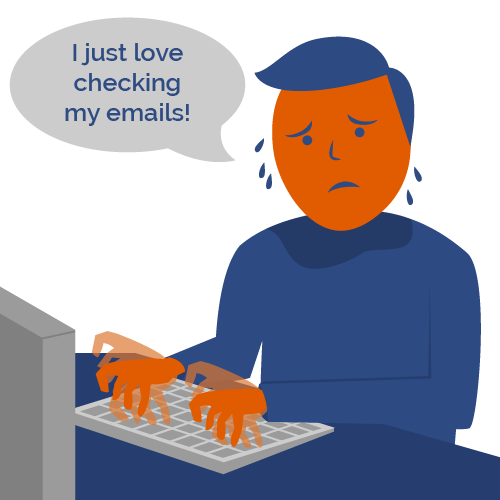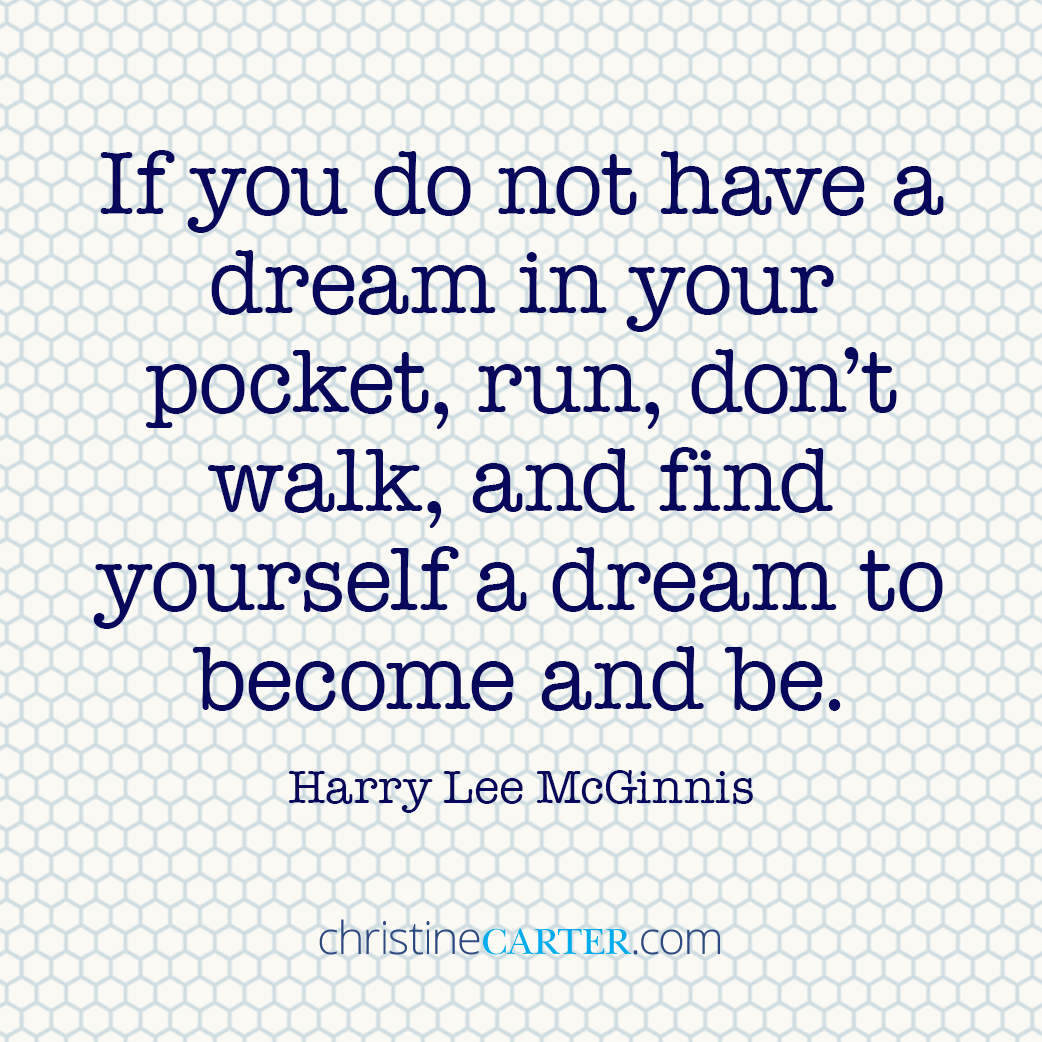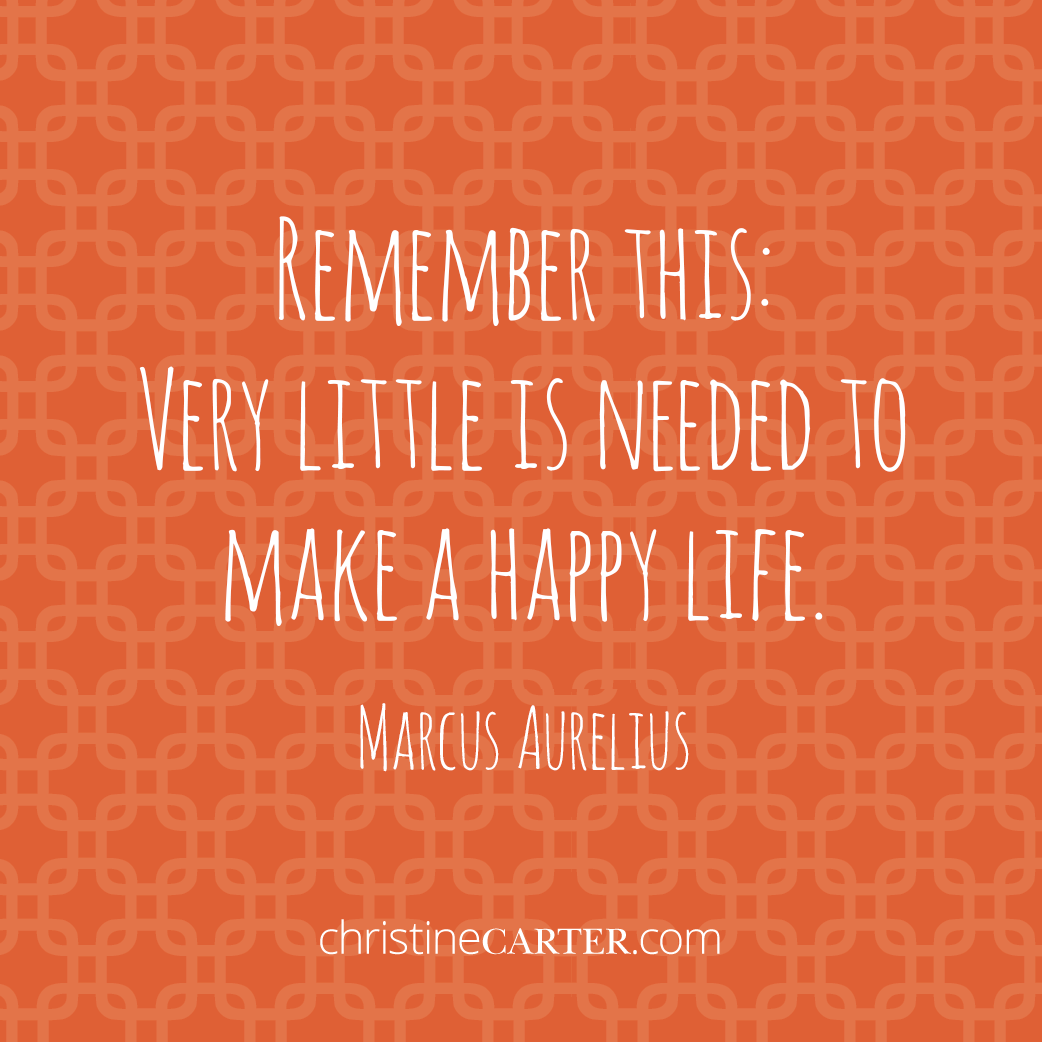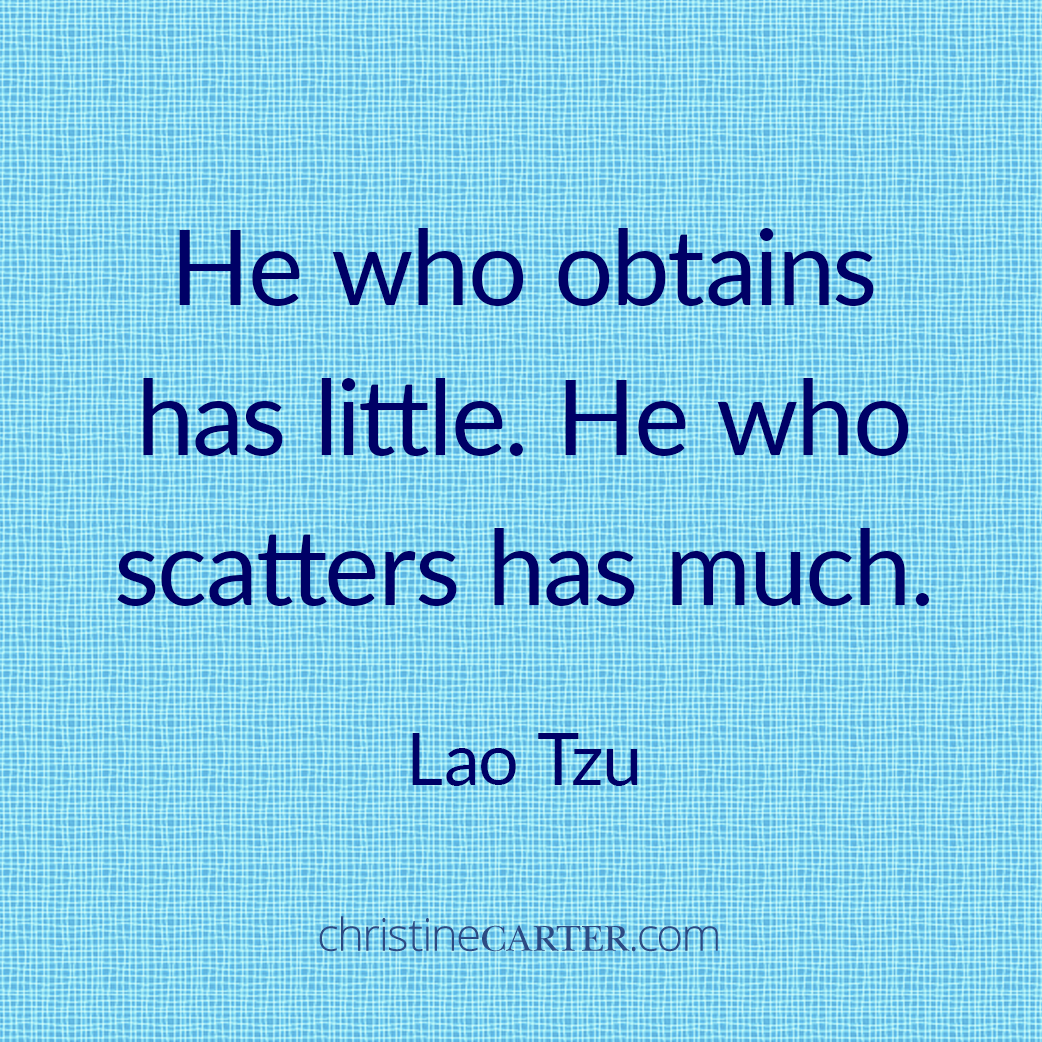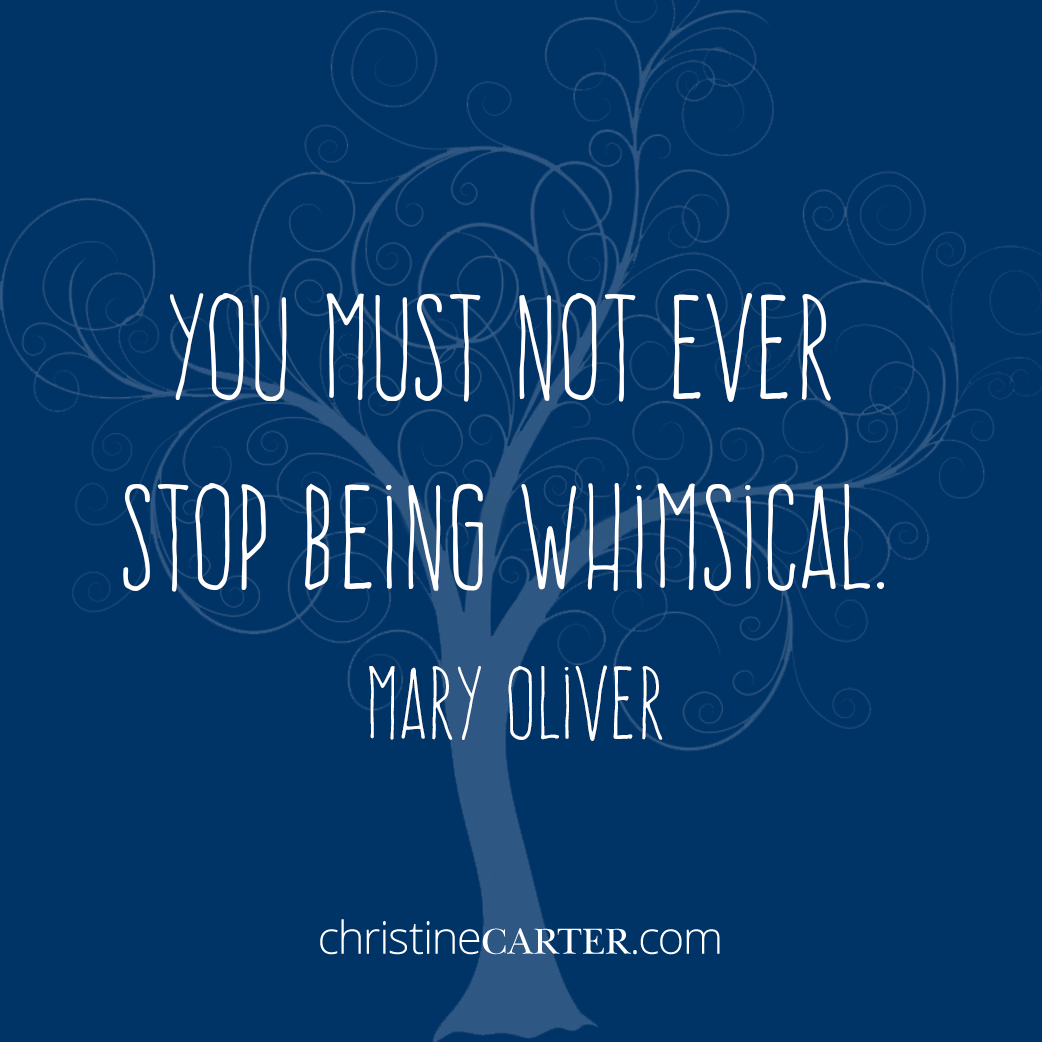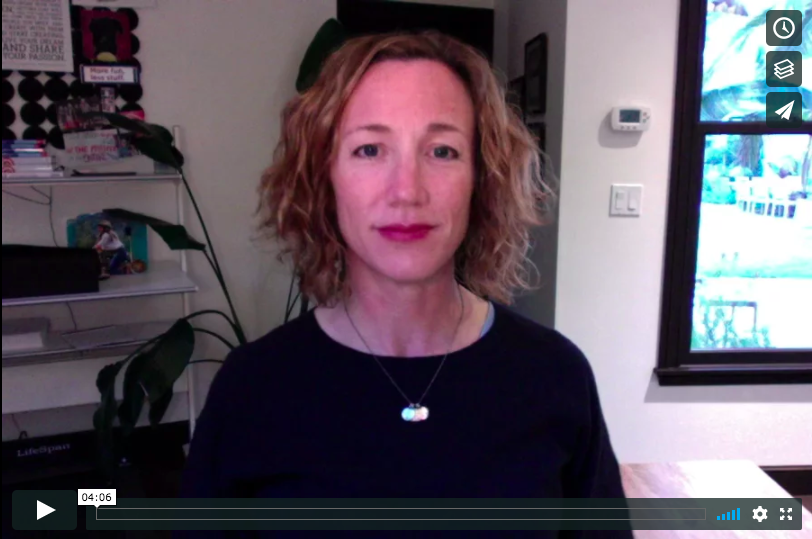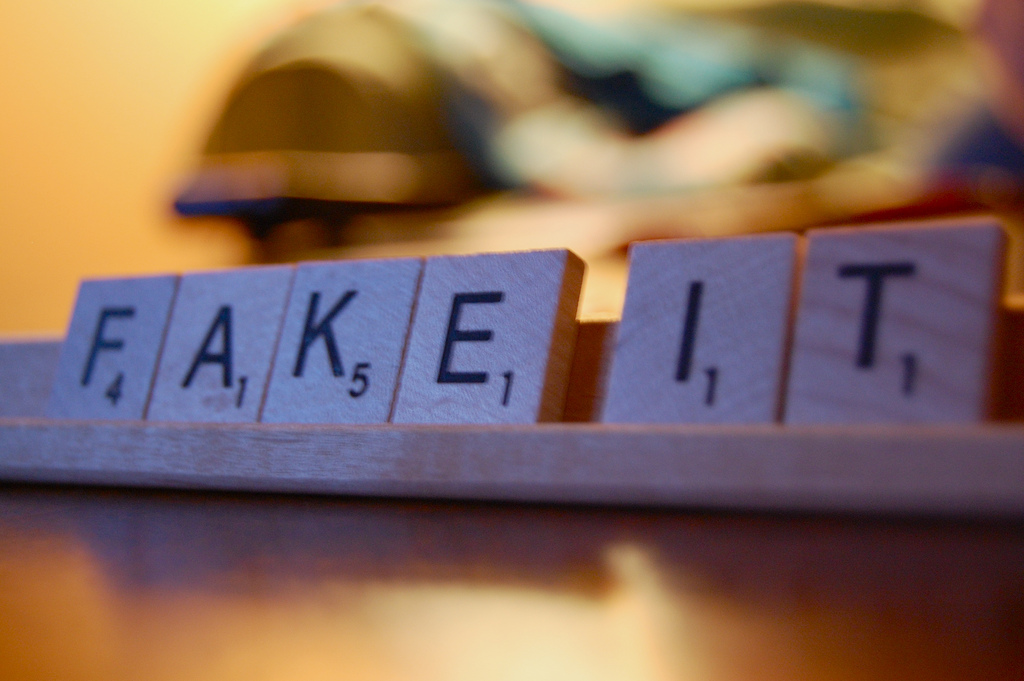This post is from a series about gaining control of your time, attention and energy in my online course, Science of Finding Flow. Read the rest here.
Unless you are some sort of superhero, you will not be able to cure yourself of your internet/device/email addiction perfectly the first time you try. Research indicates that 88 percent of people have failed to keep a new resolution; in my experience as a human being and a coach, 100 percent of people trying to reduce their screen time lapse in their attempt. So what to do if you’re struggling?
1. Don’t get too emotional about your slip or succumb to self-criticism. Instead, forgive yourself. Remind yourself that lapses are part of the process, and that feeling guilty or bad about your behavior will not increase your future success.
Instead of giving yourself a mental lashing, comfort yourself. To follow-through on our good intentions, we need to feel safe and secure. When we are stressed, our brain tries to rescue us by activating our dopamine systems. A dopamine rush makes temptations more tempting. Think of this as your brain pushing you toward a comfort item . . . like the snooze button instead of the morning jog, onion rings instead of mixed greens, or that easy taxi to work rather than the less-than-comfortable urban bike ride. So sometimes the best thing that we can do to help ourselves unplug is to preemptively comfort ourselves in healthy ways. What makes you feel safe and secure—and doesn’t sabotage your detox efforts? Perhaps you need to seek out a hug or take a walk outside.
Lapses are part of the process, and feeling guilty or bad about your behavior will not increase your future success. Share on X
2. Figure out what the problem is. This may be blazingly obvious, but in order to do better tomorrow, you’ll need to know what is causing your trip-ups. What temptation can you remove? Were you stressed or tired or hungry—and if so, how can you prevent that the next time? Figure it out, and make a specific plan for what to do if you find yourself in a similar situation again. What will you do differently? What have you learned from your slip?
3. Beware the “What the Hell” effect. Say you’ve sworn not to check your email before breakfast, but you’ve been online since your alarm went off…three hours ago. You’re now at risk for what researchers formally call the Abstinence Violation Effect (AVE) and jokingly call the “what the hell effect.” If you’ve already blown your plan today, why not go hog wild? What the hell—you can begin again tomorrow, right? Wrong. The more damage you do during your technology binge, the more likely you are to slip again the next day, and the less confidence you’ll have in yourself that you can change. So as soon as you notice you’ve slipped, go back to your plan. Double down, friends, double down.
4. Rededicate yourself to your detox (now, in this instant, not tomorrow). Why do you want to make the changes that you do? How will you benefit? Do a little deep breathing and calm contemplation of your goals.
The more damage you do during your technology binge, the more likely you are to slip again the next day. Share on X
5. Beware of moral licensing. This is a potential landmine to avoid on your better days: as you notice how well you are doing staying unplugged or not working when you aren’t at work, don’t let yourself feel so good about the progress you are making that you unleash what researchers call the “licensing effect.” The licensing effect occurs when we behave virtuously and then “cancel out” our good deeds by doing something naughty. When we behave in line with our goals and values—whether it’s as large as staying unplugged for an entire vacation or as small as not talking on the phone while you are checking out at the grocery store—we ironically risk backsliding. Consciously or unconsciously, we tend to feel that healthy or virtuous activities entitle us to partake in less-good activities. Smokers will smoke more, for example, when they believe they’ve just taken a vitamin C tablet. Similarly, philanthropists tend to give away less money after they’ve been reminded of their humanitarian attributes. One study even found that after people buy eco-friendly products, they’re more likely to cheat and steal!
This post is taken from The Science of Finding Flow, an online course I created as a companion to my book The Sweet Spot: How to Accomplish More by Doing Less.



